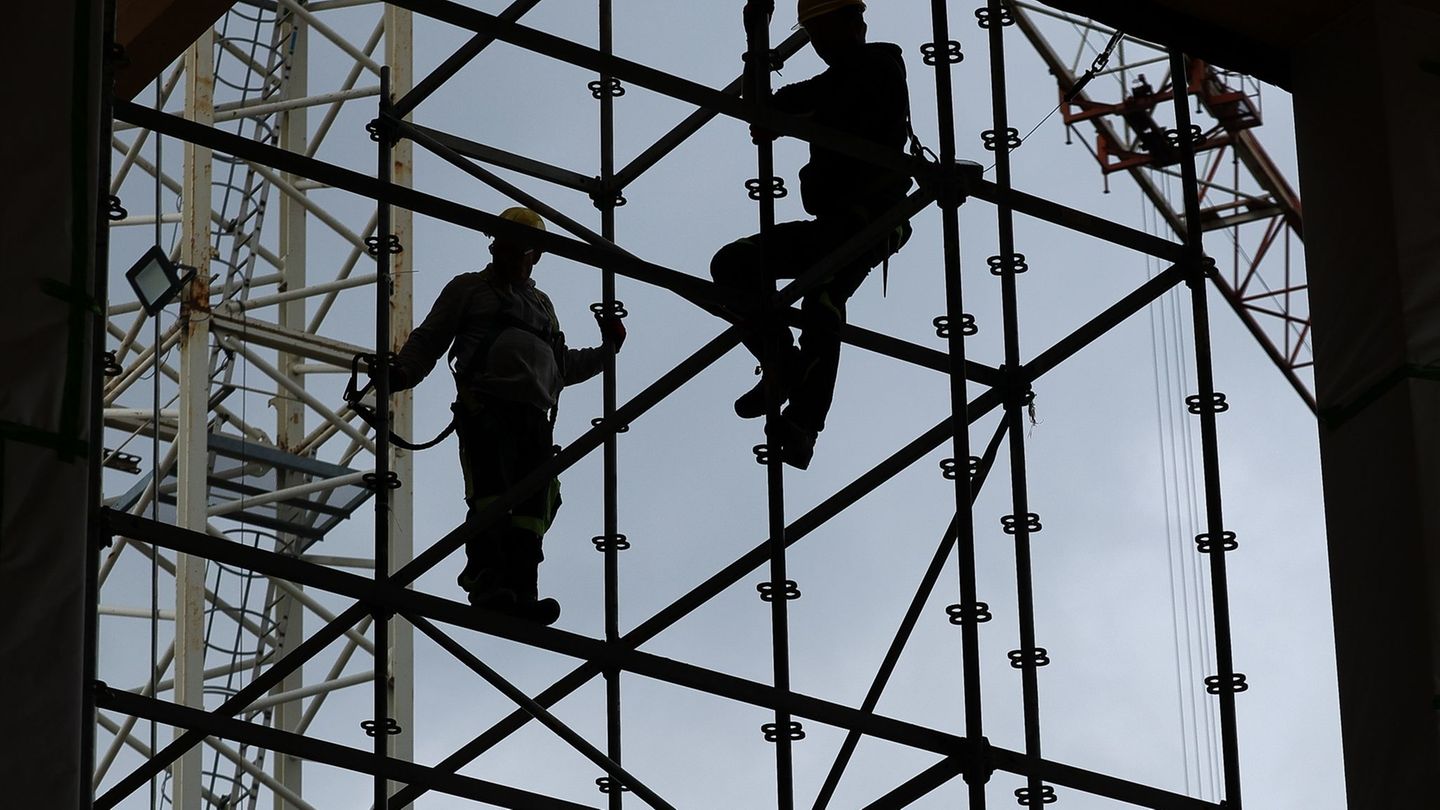Menu
Economic crisis: KfW: Germany is lagging behind globally when it comes to investments
Categories
Most Read
Animal disease: Bird flu is spreading – poultry farmers demand protection
October 25, 2025
No Comments
Christian Lindner rejects criticism of his new job
October 25, 2025
No Comments
Private reserves: High prices slow down savers: “emergency eggs” are often too small
October 25, 2025
No Comments
They estimate sales of about US$2,000 million in two weeks
October 24, 2025
No Comments
Rating agency: Moody’s warns France with a negative outlook
October 24, 2025
No Comments
Latest Posts

Vanessa Hudgens: Heavily pregnant and in Leo at the Halloween party
October 25, 2025
No Comments
Lisa HarrisI am an author and journalist who has worked in the entertainment industry for over a decade. I currently work as a news editor

“Asia’s Jacky Kennedy”: Thailand’s ex-Queen Sirikit is dead
October 25, 2025
No Comments
Queen Sirikit in an archive photo from 2012 King Bhumibol and Queen Sirikit with daughter Maha Chakri Sirindhorn (l.) and the later King Maha Vajiralongkorn

King Charles in Rome: He gets a laugh with this joke
October 25, 2025
No Comments
Lisa HarrisI am an author and journalist who has worked in the entertainment industry for over a decade. I currently work as a news editor
24 Hours Worlds is a comprehensive source of instant world current affairs, offering up-to-the-minute coverage of breaking news and events from around the globe. With a team of experienced journalists and experts on hand 24/7.

